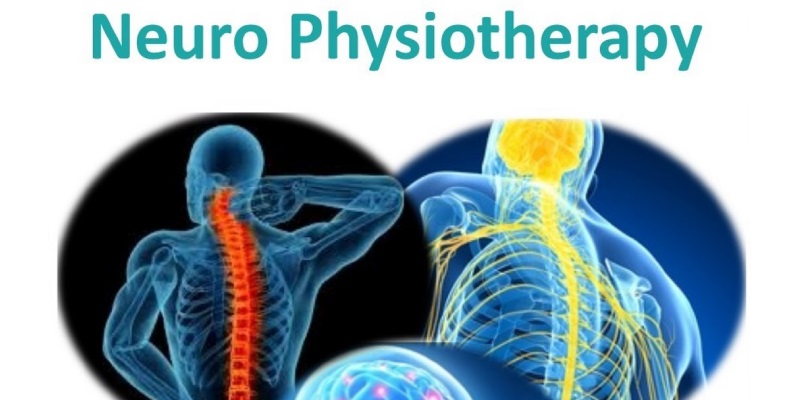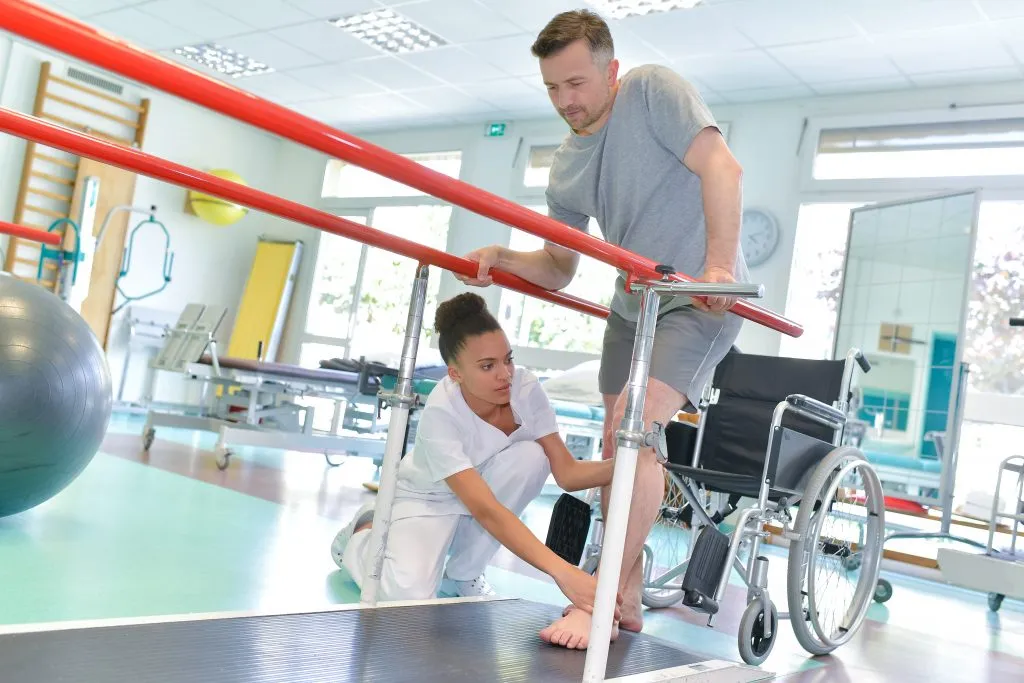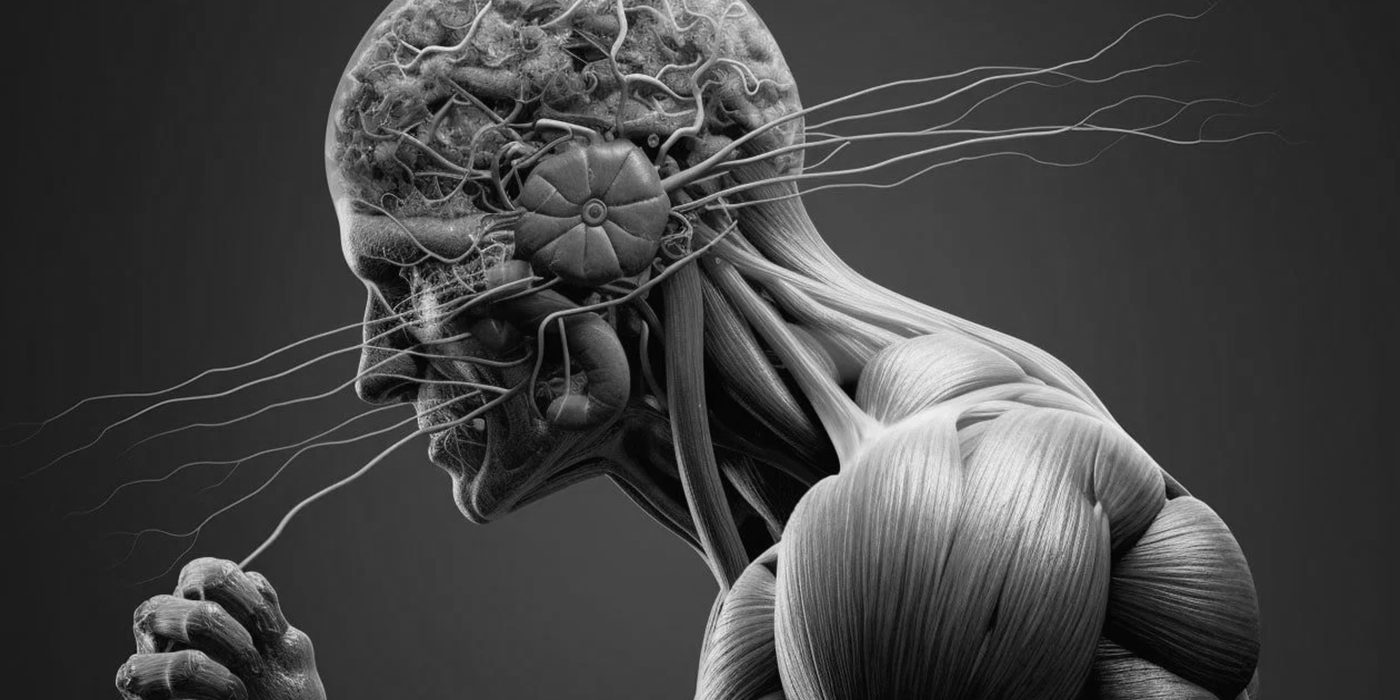What is neurophysiotherapy?
A neurophysiotherapist assesses and treats people with neurological conditions.
These are conditions associated with the central nervous system – the brain, spinal cord and nerves. People with neurological conditions can often have complex problems including:
- Muscle weakness
- Stiffness
- Balance problems
- Sensory changes.
These conditions can have a huge impact on the body’s function, and on day-to-day activities.
Neurological disorders and diseases
Our physiotherapists see a huge range of disorders and diseases in patients. Some of the more common disorders we see include:
- Head injury
- Spinal cord injury
- Tumors of the central nervous system
- Spinal surgery
- Stroke
- Multiple Sclerosis
- Guillain barre syndrome
- Parkinson’s disease
- Polyneuropathies
- Motor Neuron Disease
- Muscular Dystrophy
- Functional Neurological Disorders
What to expect from a physiotherapy session?
The physiotherapy team assesses and treats patients from admission to discharge. If needed, we refer you onto follow-up services after discharge from hospital.
- Assessment: we carry out a full initial physical assessment and get detailed information about your medical history, previous mobility and body function, personal and social situation. This helps to decide a patient’s individual needs and goals, and create a treatment plan.
- Treatment: treatment is centered on your individual needs. We encourage people to manage themselves, and involve family/carers in the treatment. We work with other professionals and use specialized treatment techniques to help you achieve the best level of function possible and offer advice, support and help to solve problems for every patient.
- Equipment: after assessment, we can provide equipment such as walking aids and splints. We can refer patients to specialist services for wheelchairs, orthotics (such as braces, corsets, collars) and occupational therapy for splints and equipment to help with day-to-day activities.
- Discharge and follow-up: we work with local and regional services, other hospitals and specialist teams so that patients who need further care can receive it when discharged from hospital.


What conditions can benefit from neurological rehab?
Injuries, infections, degenerative diseases, structural defects, tumors, and disorders in the circulatory system can impair the nervous system. Some of the conditions that may benefit from neurological rehab may include:
- Vascular disorders, such as ischemic strokes (caused by blood clots), hemorrhagic strokes (caused by bleeding in the brain), subdural hematoma, and transient ischemic attacks (TIAs)
- Infections, such as meningitis, encephalitis, polio, and brain abscesses
- Trauma, such as brain and spinal cord injury
- Structural or neuromuscular disorders, such as Bell palsy, cervical spondylosis, carpal tunnel syndrome, brain or spinal cord tumors, peripheral neuropathy, muscular dystrophy, myasthenia gravis, and Guillain-Barré syndrome
- Functional disorders, such as headache, seizure disorder, dizziness, and neuralgia
- Degenerative disorders, such as Parkinson disease, multiple sclerosis, amyotrophic lateral sclerosis (ALS), Alzheimer disease, and Huntington chorea
What are the Benefits of Neurological Physiotherapy?
Many patients with neurological conditions struggle with a loss of range of motion or function, muscle weakness, decreased balance and stamina, which may severely affect their daily routines. Targeted to improve strength, movement, balance and coordination, neurological physiotherapy works by stimulating the nervous system through various activities and exercises. Not only does neurological physiotherapy help with a patient’s mobility related disorders, it also helps them gain a better outlook and confidence on their conditions by improving their overall quality of life through:
- Better balance and coordination
- Improved walking
- Optimized function on affected areas
- Increased stamina and endurance
- Increased strength and less tension in affected muscles
- Reduced contractures
- Optimized independence






